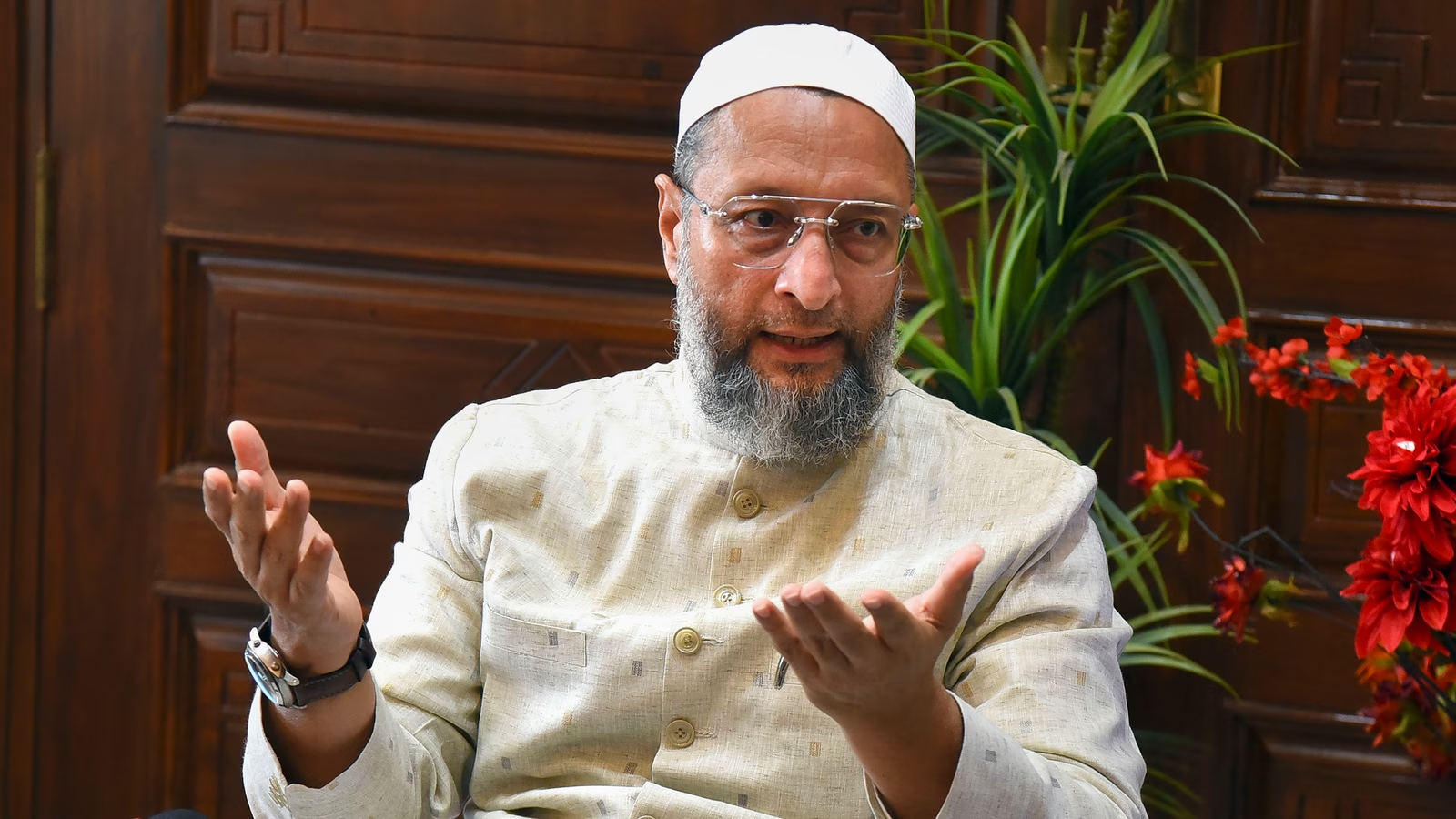Step-Motherly Treatment of Muslims: Mayawati’s Bold Stand Sparks Political Debate
A Call for Equality in a Secular Nation
In a country that prides itself on being the largest democracy and a secular state, ensuring equal treatment for all communities is essential for maintaining peace and harmony. However, Bahujan Samaj Party (BSP) chief and former Uttar Pradesh Chief Minister Mayawati has sparked a political debate by alleging that Muslims in India are facing step-motherly treatment from both the Centre and state governments. Her remarks, made in a series of posts on X (formerly Twitter), have ignited discussions on religious bias, policy-making, and the need for fairness in governance.
Mayawati’s comments highlight a larger concern about discrimination in religious matters, emphasizing that government policies should treat all religious communities equally to preserve India’s secular fabric. Let’s analyze her statements, the political reactions, and the broader implications of this issue on Indian society.
Mayawati’s Allegations: A Strong Critique of Religious Discrimination
Mayawati, known for championing Dalit rights and social justice, did not mince words when she accused the government of being unfair to Muslims.
Key Points from Mayawati’s Statement:
- India is a secular country that respects all religions, and governments must uphold this principle.
- Muslims are facing step-motherly treatment in religious matters, which is against the ethos of secularism.
- Festival restrictions and exemptions are not being implemented equally across all religions, indicating bias in governance.
- Such discrimination can disturb peace and harmony in society, which is a matter of great concern.
- Governments should rectify this bias and ensure equal treatment for all communities to maintain social unity.
Her remarks resonate with a segment of the population that feels marginalized, bringing the issue of religious bias in policymaking to the forefront of national discourse.
Understanding the Allegations: Is There Bias in Religious Policies?
To assess Mayawati’s concerns, it’s crucial to examine recent policies, legal decisions, and government actions that have been perceived as biased.
1. Unequal Restrictions on Religious Festivals
Mayawati pointed out that religious festivals of different communities are not treated equally when it comes to restrictions and exemptions. Some religious gatherings face stricter regulations, while others enjoy greater freedom.
For example:
- Processions during Muslim festivals have faced restrictions in certain states, citing security reasons.
- Curfews and internet shutdowns have been imposed around specific religious events, affecting particular communities.
- Hindu festivals often see more lenient regulations regarding public celebrations and processions.
These disparities raise questions about whether secular governance is being upheld in letter and spirit.
2. Government Policies and Schemes: Are Muslims Left Out?
Many political analysts argue that Muslims have not received adequate representation in government welfare schemes. Reports suggest:
- The Pradhan Mantri Awas Yojana (PMAY) and other housing schemes have lower-than-expected Muslim beneficiaries.
- Access to educational scholarships and employment opportunities for Muslim youth remains an issue.
- Reservation policies for backward Muslim communities have seen legal and political challenges.
These concerns further fuel the narrative of discrimination, which Mayawati has sought to highlight.
3. Political Representation and Voice in Governance
Despite being India’s largest minority community, Muslims are underrepresented in key political and administrative positions.
- The representation of Muslims in Parliament and state assemblies remains disproportionately low.
- Several Muslim-majority areas lack adequate development projects and political attention.
- There have been increased demands for a dedicated Ministry for Minority Welfare to address community concerns more effectively.
These factors contribute to a growing perception of marginalization among the Muslim population.
Political Reactions: How India Responded to Mayawati’s Statement
Mayawati’s comments have triggered a wave of political reactions from various parties and leaders.
BJP’s Response: Dismissing the Allegations
The Bharatiya Janata Party (BJP) has dismissed Mayawati’s concerns, calling them an attempt to polarize voters ahead of elections. Party leaders argue that:
- The government has implemented welfare schemes for all, regardless of religion.
- Restrictions on religious gatherings are based on law and order concerns, not discrimination.
- The BJP remains committed to Sabka Saath, Sabka Vikas (Development for All).
Opposition Parties Support Mayawati’s Claims
Several opposition parties, including the Congress, Samajwadi Party (SP), and Trinamool Congress (TMC), have backed Mayawati’s stance, saying:
- Religious bias in governance erodes the secular fabric of India.
- The current government has not done enough for the upliftment of Muslims.
- Special provisions for minority welfare need to be strengthened to ensure equality.
Public Sentiment: Mixed Reactions
On social media, Mayawati’s statements have led to a divided response:
- Some citizens applaud her for raising the issue of discrimination.
- Others accuse her of playing identity politics for electoral gains.
- Many demand evidence and data to support her claims.
What Can Be Done? The Way Forward
If India is to uphold its secular and democratic values, addressing these concerns requires serious policy interventions. Here’s what can be done:
- Equal Treatment in Religious Matters:
- Governments should ensure that restrictions and exemptions for religious gatherings apply uniformly to all communities.
- Increased Representation of Muslims in Governance:
- Political parties should field more Muslim candidates to ensure representation in legislative bodies.
- Better Access to Welfare Schemes:
- Minority communities must be better informed and facilitated to access government programs.
- Strengthening Social Harmony:
- Interfaith dialogues and community participation programs can help bridge gaps between communities.
- Ensuring Media Responsibility:
- News coverage should avoid communal polarization and focus on constructive discussions.
Conclusion: A Crucial Debate for India’s Secularism
Mayawati’s statement has reignited a crucial debate on the treatment of minority communities in India. While opinions on her allegations vary, the discussion underscores the need for fair and transparent governance. As the world’s largest democracy, India must ensure that every citizen, regardless of religion, feels equally valued and protected.



